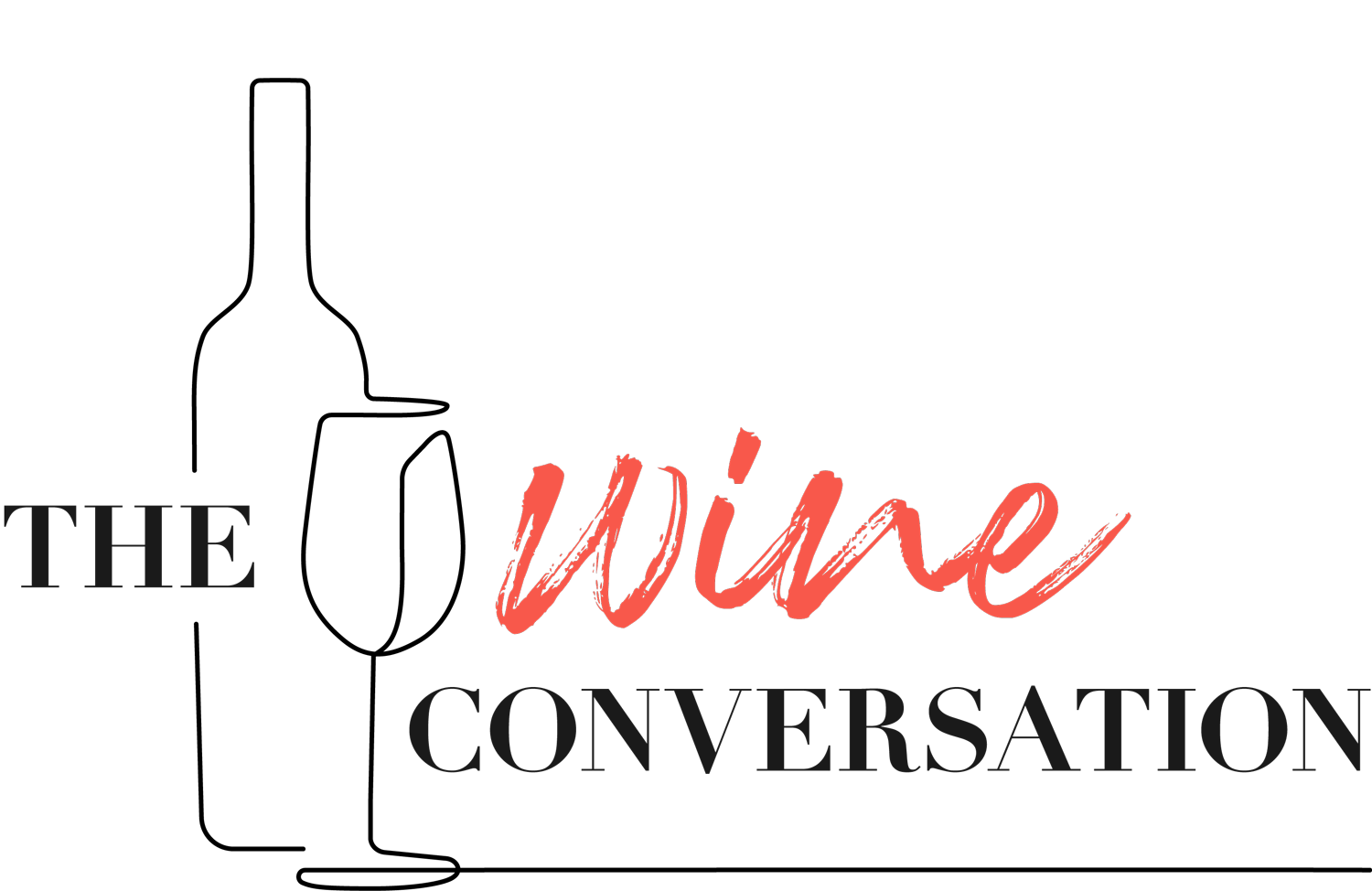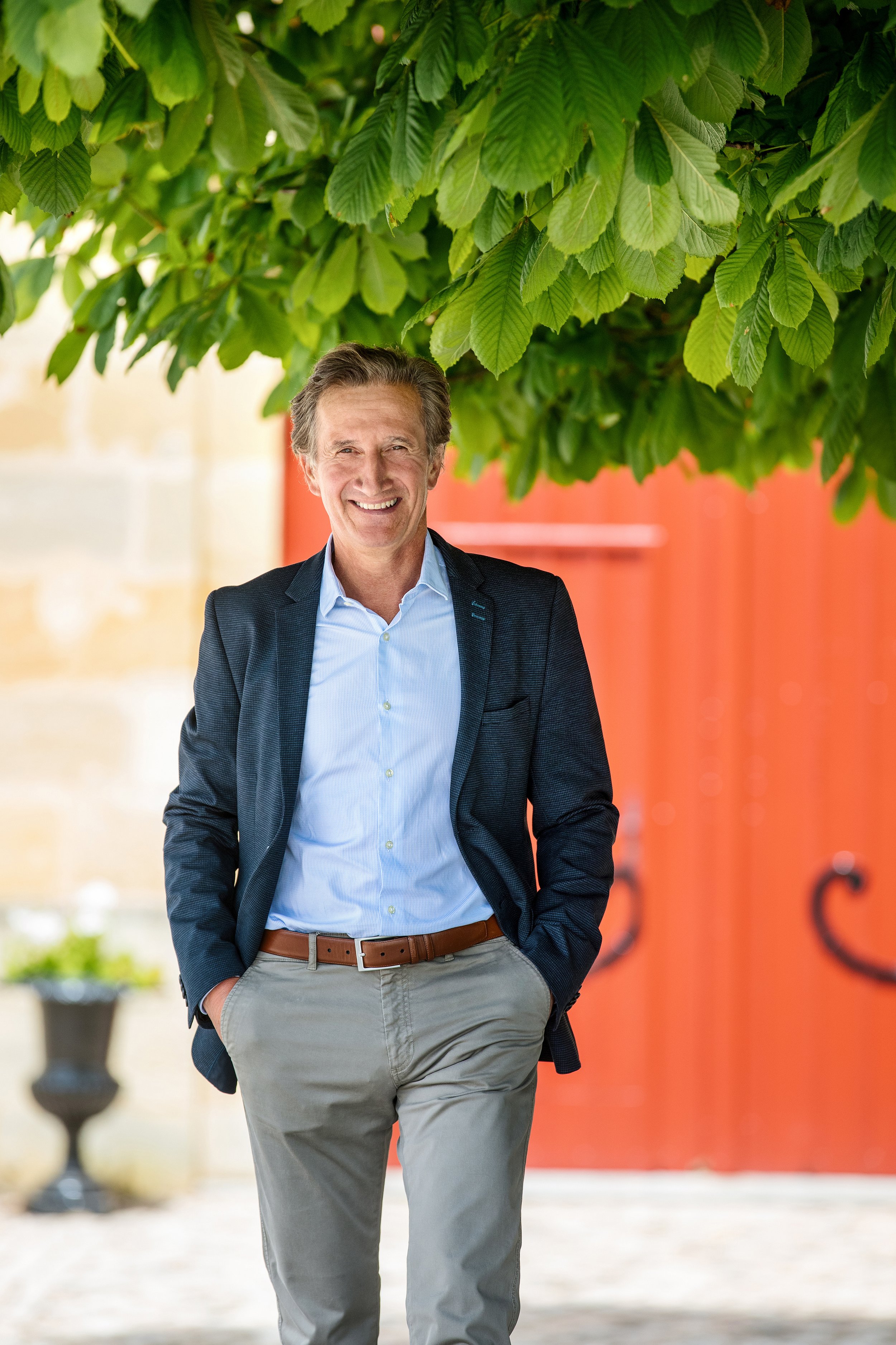▻ Jacques Lurton
In conversation with Jacques Lurton
Episode Summary:-
Jacques Lurton is Group President of Les Vignobles André Lurton, a family company with one of the biggest holdings in Bordeaux (640 hectares of vines in six Bordeaux appellations). He is the sixth son of André Lurton, who was instrumental in creating Pessac-Léognan as a separate appellation, and part of the extensive wine-producing Lurton family, who are at the helm of scores of châteaux across Bordeaux. Jacques, however, left Bordeaux with his brother François to make his own way in wine, firstly in Australia and then all over the world. He has now returned full time to Bordeaux to run the family company, bringing with him a new vision for wine.
In this episode of Great Wine Lives, Jacques Lurton talks to Jane Anson about how the Lurton family became Bordeaux’s premier wine family, starting back at the end of the 18th Century when Léonce Récapet bought Château Bonnet in Grézillac and left the estate to his daughter Denise, who married François Lurton. They had four children, three boys and a girl: André, Lucien, Dominique, and Simone. André and Lucien both expanded their holdings. “My father started with 20 hectares at Château Bonnet in Entre-Deux-Mers and ended up, when he died, with 600 hectares,” says Jacques. His brother Lucien was equally successful, acquiring ten estates, mostly classified growths, during his lifetime. Today there are 13 Lurtons in charge of different businesses in Bordeaux.
After completing a degree in Oenology at the University of Bordeaux in 1983, Jacques decided to work abroad, along with his brother François. “The personality of our Dad André, who was an amazing developer, was a businessman, but he was quite selfish, he liked to attract the light to himself and did not leave much for his kids.” In the mid-1980s, after working for their father, Jacques and François headed to Australia. “Australia really opened my mind to the wine world, the different varieties grown and the technology.” The person who influenced him most was Brian Croser, who became “a guideline for the rest of my career.” Another major Australian influence was the late Len Evans, while back in Bordeaux he was impressed by Emile Peynaud, “a talented blender,” and Denis Dubourdieu.
““Most important in the Old World was complexity, they didn’t care about the fruitiness of the wine—fruit is not important, fruit disappears with wood, they told me.””
Jacques immediately outlines a major difference between New World and Old World philosophies: “In the Old World, it’s all about experience,” He tells Jane how he is more a white-wine maker than red “I’m more a white winemaker, my passion is more into white. Red wines are easier to make, white wines are more challenging, that’s perhaps why I’m attracted to them.” He discusses his project in Spain’s Rueda, working with the Verdjo grape using technology from the New World in an Old World region which has many different terroirs. He believes the experience he has gained working in warmer climates has lessons for Bordeaux. “High-density vineyards are illogical with drier and warmer climates,” he says, and tells Jane how he has started experimenting in his vineyards in Bordeaux, though the wines will not be allowed to be called Pessac-Léognan, as the rules do not permit it. He believes the best density is 5,000 vines per hectare, 1 metre between vines and 2 metres between rows to give the best balance for yields of around 6-7 tons. He wants to prove that he can produce the same level of quality with this spacing. He also argues for the introduction of hybrids to combat climate change, which are currently forbidden in Bordeaux.
Jane asks him about the effect of the fire at his property in Kangeroo Island in Australia, which devasted the vineyards overnight on 21st January 2020. Jacques talks about how some of the vines are re-growing and how he has bought 3 hectares of vines in a different part of the island, planted to Tempranillo and Sauvignon Blanc. Fortunately, they had a remote Cellar Door property and the wine inventory was moved before the fire. Covid restrictions have meant Australians haven’t been able to travel abroad, so they have seen an amazing number of visitors, and business is not too bad.
Returning to Bordeaux, Jacques discusses the pros and cons of the Bordeaux distribution system and how he believes that they need a new approach, as Bordeaux has been using the same tasting and marketing approach for so many years. He explains that though he has an independent distribution system, he believes in the Place de Bordeaux, though he thinks that only concentrating at the top end wines and now wines from outside Bordeaux is detrimental for smaller Bordeaux producers, which “will come back and bite them.”
Jacques concludes by telling Jane about how he is launching a cuvée, not a second wine of Château Couhins-Lurton, but a wine which is made from a different terroir, different winemaking techniques, with a different style. It is to be called Château Couhins-Lurton Acte II. After travelling all over the world making wine, his favourite place? Entre-Deux-Mers, the Dordogne river, “a place I am passionate about.”
Running Order:-
-
0.00 – 17.28
“In Australia the figure that influenced me was Brian Croser, a guideline for the rest of my career.”
– Jacques talks about the history of the Lurton family.
– Why he left working for his father André in Bordeaux and headed to Australia with his brother François.
– How his experience in Australia opened his mind to new ideas.
– Jacques discusses the people who influenced him; Brian Croser and Len Evans in Australia and Emile Peynaud and Denis Dubourdieu in Bordeaux.
– Jacques describes the different philosophies between New World and Old World winemaking.
– Jacques talks about how he prefers making white wines, and the project in Rueda. -
17.29 – 27.47
“Global warming has helped us make better wines, at the detriment of yield.”
– Jacques discusses what lessons can be learnt from warmer climates for Bordeaux.
– The need to experiment with different techniques and viticulture to combat global warming.
– Jacques’ experiment in Bordeaux.
– Why Jacques believes hybrids would be helpful if permitted. -
27.48 – 32.55
”Since Covid, Australians couldn’t travel abroad, so they came to Kangaroo Island, an amazing level of visitors.”
– The fire at Jacques’ vineyard on Kangaroo Island, Australia.
– How the vines are re-growing after the fire. -
32.56 – 51.00
“I think Bordeaux has been through that tasting/marketing process for many years… it is not enough, we need a new approach.”
– Jacques discusses the change from being a consultant to coming back to Bordeaux to run the family business.
– How the distribution system works in Bordeaux, and the pros and cons of it.
– The work being done in the Entre-Deux-Mers and Pessac Léognan appellations.
– The Place de Bordeaux and Jacques’ view on non-Bordeaux wines joining. -
51.00 – 56.12
“I’m passionate about the Entre-Deux-Mers.”
– Launching the new cuvée Château Couhins-Lurton Acte II.
– His favourite place in the world.







Hannes Myburg talks to John Stimfig about running the iconic South African Meerlust estate, which is celebrating its 50th vintage.